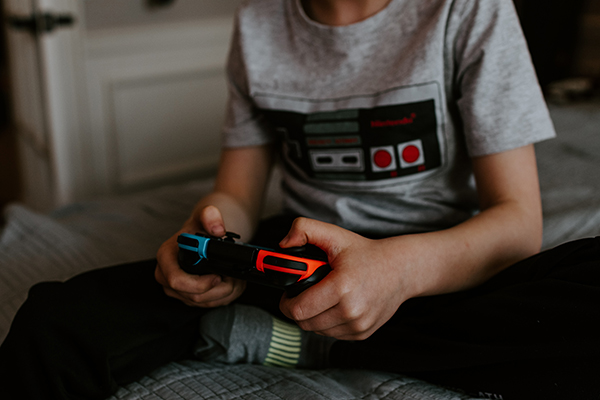Staying safe in the new digital world
April 9, 2020
Share

With a large percentage of the population in isolation in an effort to stop the spread of the novel coronavirus, attention has turned to technology. Those working from home are relying on digital tools now more than ever to collaborative with colleagues and keep in touch with family and friends. Importantly, children and young people are also using technology to keep up with their schoolwork and connect with friends.
This current trend makes the population vulnerable to being hacked and having their personal information compromised. Queen’s University researcher and Canada Research Chair in Software Reliability and Security Mohammad Zulkernine has ideas on how to keep us safe.
“Parents need to set boundaries on internet use and how much time young people should spend online playing games,” says Dr. Zulkernine. “It’s definitely going to be hard to do in this current environment but it’s critical. I also think the schools should be educating their students about internet security as they switched to an online learning model.”
Though there are several products on the market designed to help parents monitor internet use and increase internet security in the home and they can work but are not 100 per cent secure, says Dr. Zulkernine. He adds that parents should check the security and privacy settings of the apps that children as most use default settings that provide little protection.
But there is another course of action parents should consider before making the investment in any monitoring tools.
“Children are definitely savvier now than they used to be, but parents still play an important role in educating them. Hackers are working harder than us and the objectives of those criminals remains the same. We need to catch up to them and protect ourselves.”
Dr. Zulkernine, whose current research focuses on building reliable and secure software systems for cloud, connected vehicles, mobile operating systems, and internet of things, says parents also should have full access to their children’s devices and keep an eye on the time they spend online – either for learning, social time, or gaming.
“Now is the perfect time to sit down with our children and teach them about the dangers and pitfalls of playing or working online. Parents also need to set a good example and become computer literate themselves. They need to understand the online world,” says Dr. Zulkernine. “I advocate educating children starting at a very young age and then trusting they will take those lessons and apply them.”